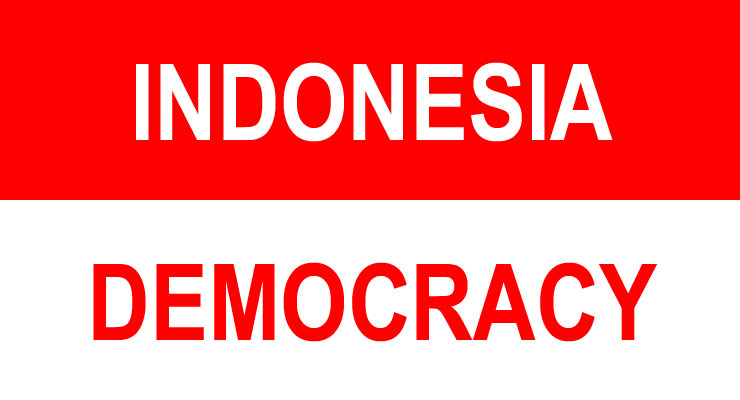
From Voice Of America
The lead-up to the May 22 official announcement of the results of the Indonesian presidential and legislative elections has been colored by disbelief, attempts at de-legitimization and denials of loss.
Now two critics of incumbent President Joko Widodo are being charged with treason.
On Friday, Indonesia’s National Police Criminal Investigation Department released a letter barring former military officer Kivlan Zen from travelling overseas for six months.
“[Kivlan] has allegedly committed the criminal act of spreading hoaxes or treason,” wrote the department’s vice deputy director Agus Nugroho in the letter obtained by VOA. Kivlan will face interrogation on Monday, according to the department.
“Our client has never committed treason,” Pitra Romadoni Nasution, one of Kivlan’s attorneys, said Saturday. Pitra said Kivlan was handed the letter at the Jakarta airport as he was leaving for the Indonesian city of Batam.
But Sam Fernando of the Immigration Directorate General said Kivlan’s travel ban was revoked on Saturday. “For the reasons why it was revoked, you can ask the investigators,” Sam told VOA.
No specific act was noted in the letter, but the travel ban followed a mass demonstration Thursday that Kivlan, a noted critic of Joko and an ardent supporter of his opponent, former general Prabowo Subianto, had initiated in front of Indonesia’s Elections Supervisory Agency. The demonstration called for the disqualification of Joko and his running mate, cleric Ma’ruf Amin, because of a number of violations.
Shortly after the election Indonesia media reported “credible” pollsters say Joko won by a wide margin.
Also named as a treason suspect last week was law practitioner Eggi Sudjana, another protest leader, who called for a “people power” movement to monitor and ensure the win for Prabowo during a speech last month to a crowd in front of Prabowo’s residence
“This may be God’s way to speed up Prabowo’s inauguration,” he said. Eggi has denied that calling for the “people power” movement is grounds for a treasonous action.
Ace Hasan Syadzily, spokesman for Joko’s campaign, said the unwillingness to concede is a part of an attempt to de-legitimize the elections. “The structural, systematic and massive violations were in fact committed by them because they spread hoaxes against Jokowi,” he said in a written statement, referring to Joko’s nickname.
Prabowo Subianto has refused to concede. He said on election day he had won the presidency with 62 percent of the votes. In the 2014 presidential election that was also contested by Joko and Prabowo, the latter accused the former’s camp with a series of words that have picked up some degree of social notoriety: the aforementioned “Structural, systematic, massive” violations.
“For the good of democracy, I want to be a good sport, though this time the violations are too much,” he told reporters last month.
Law against treason
Arsil, a researcher at the Institute for Research and Advocacy for Independent Courts, told VOA the meaning of treason has been commonly misunderstood. In Kivlan’s case, he thinks the case of treason is too far off from the law. “If, however, he is found to incite violent demonstrations that would result in the toppling of the government, it may be considered treasonous,” he said.
Historically, treason charges have been used against supposed separatist groups. In 2015, members of the South Maluku Republic (RMS) separatist movement went to prison on treason charges for raising their flag. “The treason itself doesn’t have to be over or succeed. It can be a proven intention, as well,” Arsil said.
He added treason charges can also been seen as a political tool. “It can be interpreted that way, three years ago, there were arrests of several opposition figures to Jokowi …” Arsil was referring to 10 people who were thought to have incited attempts at a coup.
There have been many attempts at a coup in Indonesian history, the most notable of which was the September 1965 killing of military generals that led to an unresolved genocide of communists or anyone with ties to Indonesia’s Communist Party.
It was believed the events led Indonesia’s authoritarian second president, Suharto, to take the presidency from President Sukarno.
Leave a Reply